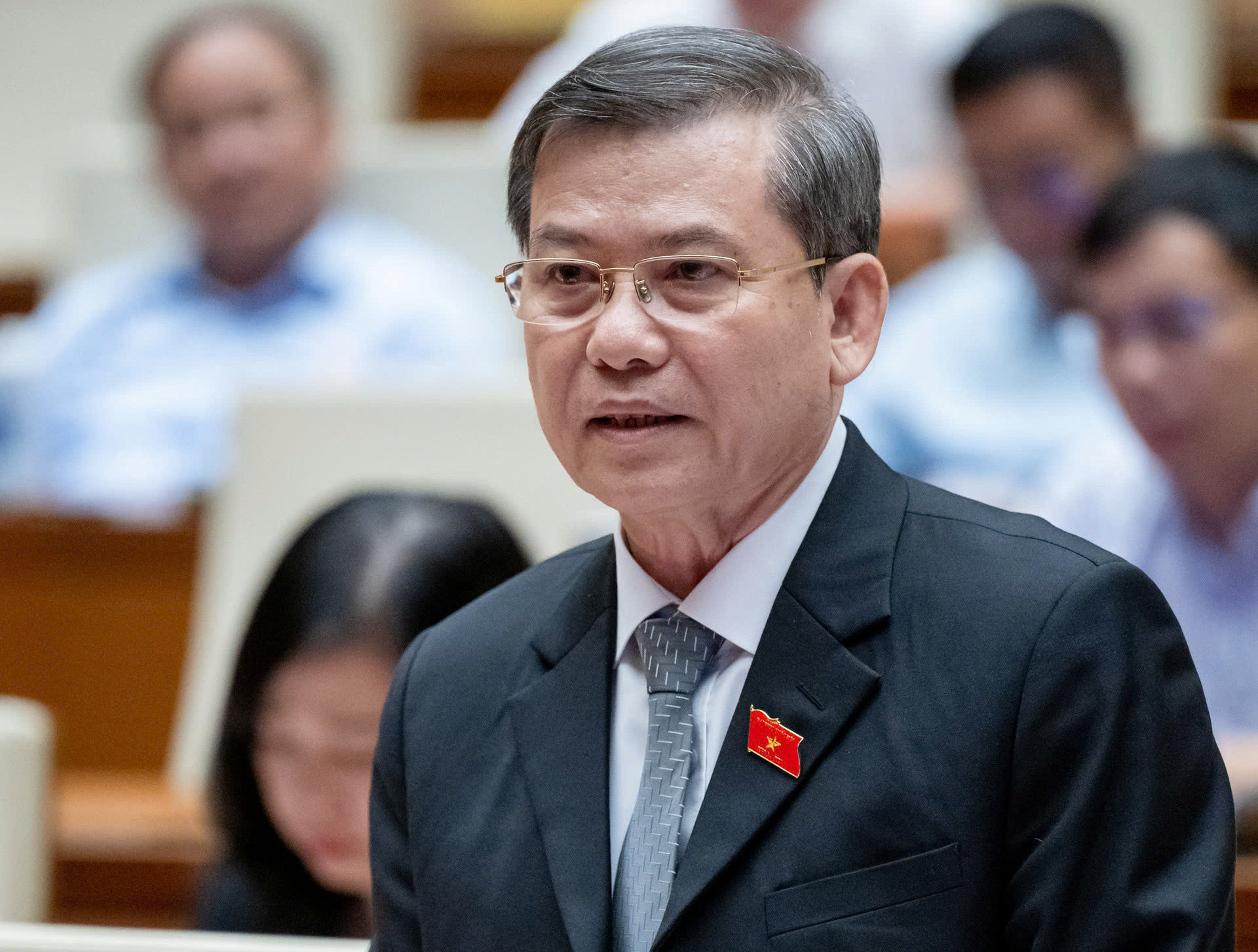Chief Justice Le Minh Tri recently submitted a report to the National Assembly regarding the operations of courts in 2024. One of the key points in the report was about personnel management, as well as the enhancement of inspections, monitoring, and public service discipline.

Tri noted that as of September 30, the court system had a total of 14,015 personnel, including 6,399 judges. The Chief Justice has submitted 633 cases to the President for approval of appointments, reappointments, dismissals, and removals of judges. Among these, the reappointment of 11 judges has been postponed for accountability review according to regulations.
During the year, the Supreme People's Court completed the process for proposing additional appointments for Deputy Chief Justices of the Supreme People's Court for the 2021-2026 and 2026-2031 terms for three individuals. The court also conducted reviews and introduced personnel for leadership and management positions for the 2021-2026 term and planning for the 2026-2031 term at 10 Supreme People's Court units and three High Courts.
The Supreme People's Court has also introduced candidates for the reappointment of one Deputy Chief Justice and proposed an extension of the term for two other Deputy Chief Justices. Furthermore, 504 appointments and reappointments of Chief Judges and Deputy Chief Judges at the provincial and district levels have been processed.
The court has also developed plans for the 2024 recruitment examination for clerks and organized a judicial exam for 681 qualified candidates.
Review of 16 judges facing accountability measures
Tri also stated that the Supreme People's Court has consistently conducted inspections and audits on public service conduct, holding public servants accountable for violations.
Specifically, the court established inspection teams to review the professional operations of the High Courts and lower courts in 25 provinces and cities nationwide.
Out of 217 inspection and audit sessions conducted at 360 units, nine focused on public service conduct. These audits revealed shortcomings and violations in the leadership and management practices of department heads, as well as in the professional conduct of judges and public servants.
In addition, the court required individuals to complete their 2023 asset declarations according to regulations and developed plans to verify income declarations for 2024 at several provincial courts. The court has conducted routine inspections and verifications of assets and income for several public servants at five court units.
The Supreme People's Court has reviewed and assessed 877 dossiers proposing the appointment of judges. It also examined numerous rulings and decisions by judges that had been overturned or modified, as well as 246 criminal verdicts where defendants received suspended sentences, warnings, non-custodial reform, or fines as the main punishment.
Notably, the court conducted a thorough review of 16 judges whose accountability is being assessed according to judicial responsibility regulations within the court system.
Provincial courts have also stepped up their inspections of the professional operations of district-level courts, ensuring timely identification, correction, and review of professional errors.
During the reporting period, 47 cases of administrative discipline were imposed: 34 received reprimands, 6 were given warnings, 1 was dismissed, and 6 were terminated.
Of the six who were terminated, five were also subject to criminal proceedings, including three individuals convicted of "Receiving Bribes" and two who were indicted but not yet sentenced. These individuals had already been expelled from the Party and dismissed from their positions.
Additionally, five individuals were disciplined by the Party with reprimands and are currently under review for administrative discipline, while another five are under criminal investigation.
Thu Hang